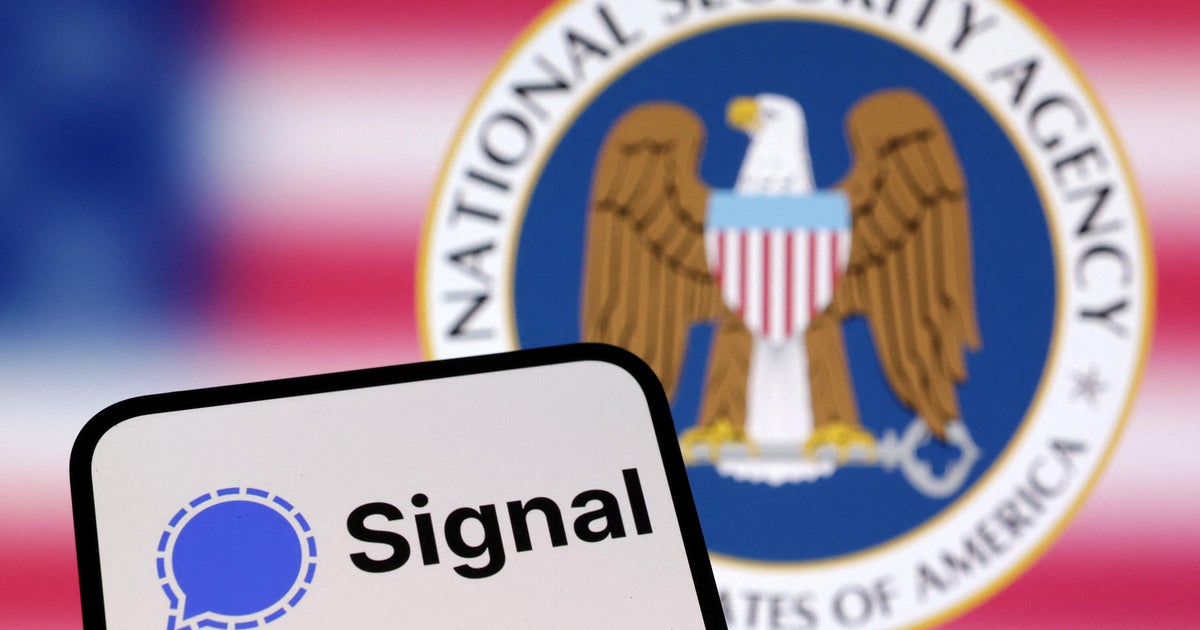Buttigieg holds slight lead in delegates after latest release from Iowa
Pete Buttigieg maintained his razor-thin lead in estimated national delegates that will be awarded in the Iowa caucuses, according to the latest release from the Iowa Democratic Party on Sunday night. Bernie Sanders followed close behind while he maintained his lead in the "popular vote," or final realignment.
According to estimates from the Iowa Democratic Party and CBS News, Buttigieg received 14 delegates, Sanders 12, Elizabeth Warren 8, Joe Biden 6 and Amy Klobuchar 1.
Sanders' campaign manager Faiz Shakir told CNN on Sunday night that he plans to ask for a recanvassing in some precincts by the deadline on Monday at 1 p.m. ET.
"You can expect us to be asking the Iowa Democratic Party for a recanvass of the discrepancies that we have identified and found tor them," Shakir said. "We'll be searching for and identifying even more. It's been handled incompetently from our perspective, and we will be asking them to take a look at some of these obvious discrepancies that have affected our count and I think after it is all said and done, it should be the case that we have the same number of national delegates as Pete Buttigieg."
According to party rules, a recanvass would be a "hand audit" of the math worksheets from the precincts to compare them to the numbers reported publicly. This can be completed at individual precincts, as well as statewide.
A recount would involve a "hand count and audit" of preference cards filled out by caucus-goers to show which candidate they supported on the first and second alignments to ensure results were properly tallied.
Democratic National Committee chairman Tom Perez on Thursday called for a recanvass because of "problems that have emerged in the implementation of the delegate selection plan and in order to assure public confidence in the results." But the state party said that only a campaign could ask for a recanvass.
The results released on Sunday came after the Iowa Democratic Party reviewed 95 inconsistency reports in the public data from campaigns and county party chairs. Fifty-five precincts were updated as a result of the review, while 36 precincts matched what was reported on their corresponding math sheets, which are filled out at each precinct to show how many delegates each candidate won. The remaining requests were duplicates.
There have been reports since Tuesday on social media and from campaigns alleging errors in some precincts. On Saturday night, CBS News obtained a copy of a memo that Iowa Democratic Party chair Troy Price sent to Democratic leaders from the party's lawyer explaining why math sheets with errors cannot be altered.
"The incorrect math on the Caucus Math Worksheets must not be changed to ensure the integrity of the process," IDP lawyer Shayla McCormally wrote. "Most importantly the Worksheet is the caucus chair and secretary's 'certification' of the results as required by Iowa Code 43.4(2-3).
"It is the legal voting record of the caucus, like a ballot. The seriousness of the record is made clear by the language at the bottom stating that any misrepresentation of the information is a crime. Therefore, any changes or tampering with the sheet could result in a claim of election interference or misconduct."
The state Democratic party said on Sunday that it had received many reports of questionable data over the past several days. Some of the most commonly asked questions were about precincts showing that a higher number of people had participated in the second alignment than in the first.
A CBS News analysis on Thursday found more than 70 precincts showing this was the case when 97% of the precinct reporting had been tallied. It was not immediately clear if there was an impact on state delegate totals. The Iowa Democratic Party said Sunday that it was up to precinct chairs to determine if people did not participate in the first alignment, but still selected a candidate on the second alignment.
This is a breaking story. It will be updated.




